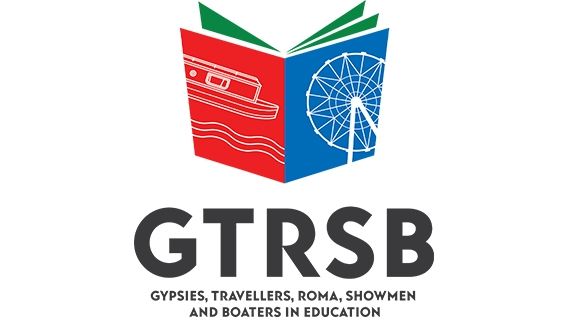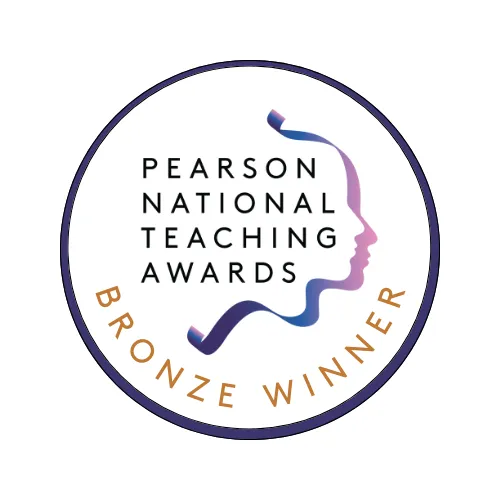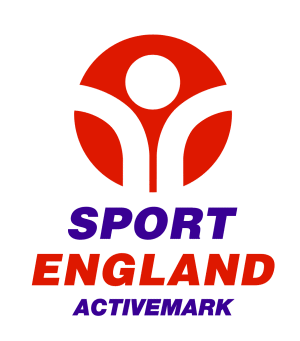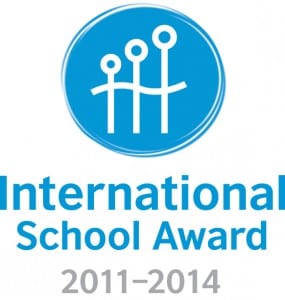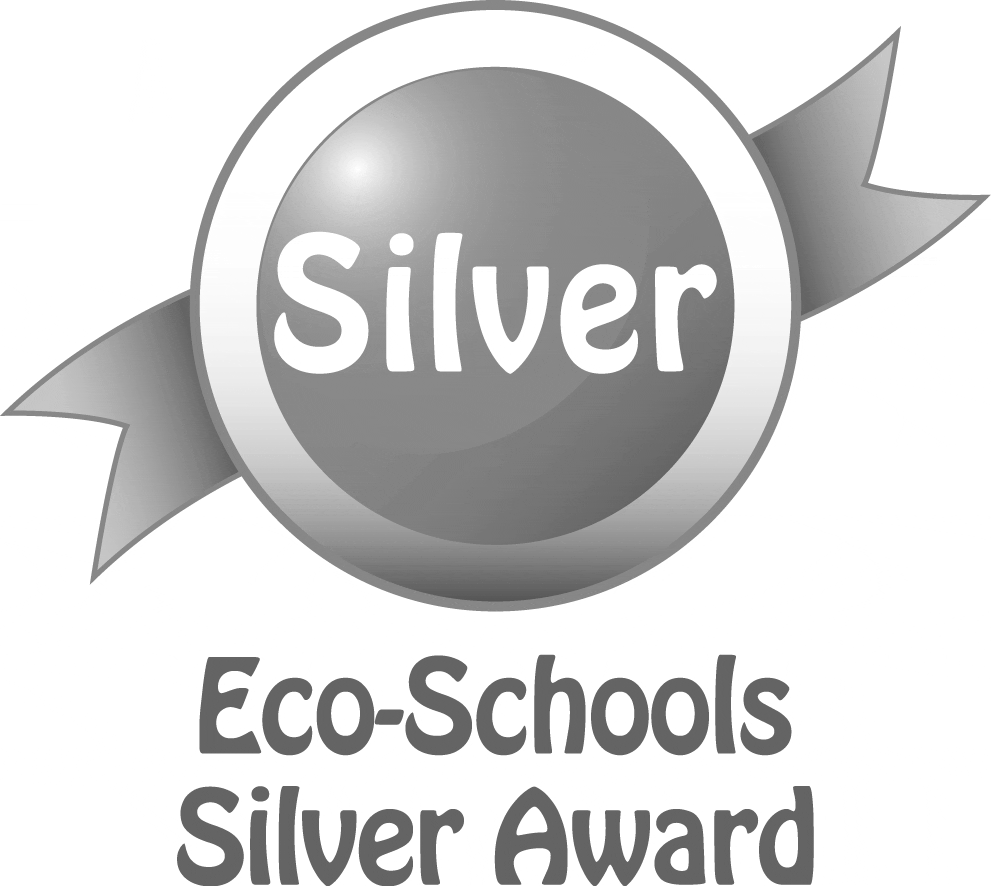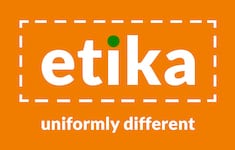At Green Lane CE Primary School we recognise that all pupils are entitled to a quality of provision that will enable them to achieve their potential. We believe in positive intervention, removing barriers to learning, raising expectations and levels of achievement and working in partnership with other agencies in order to provide a positive educational experience for all our pupils including those with a special educational need or disability. We constantly review our approach to SEND support, the most recent time we did so was in April 2025.
Our school recognises there are particular groups of pupils whose circumstances require additional consideration by those who work with them to support their SEN.
At Green Lane CE Primary School we have appointed a Designated Teacher for Looked after Children who works closely with the SENCO to ensure all teachers in school understand the implications for those children who are looked after and have SEN. At Green Lane this person is Mr Goffee, our headteacher.
At Green Lane CE Primary School we ensure that all pupils, regardless of their specific needs make the best possible progress.
There are four broad areas within special educational needs we aim to support, these are:
Communication and Interaction
This area of need includes children with Autism Spectrum Condition and those with Speech, Language and Communication Needs. The school has the support of a qualified Speech and Language Therapist who works with children in school and uses a range of technology to support and enhance language.
Cognition and Learning
This includes children with Specific Learning Difficulties, Moderate Learning Difficulties, Severe Learning Difficulties and Profound and Multiple Learning Difficulties. The school has a unique phonic system – Seashore Phonics – and involves parents of EYFS children in training sessions. We carefully monitor progress and make use of costed provision maps linked to SEN support plans to target and support children with group or 1:1 interventions. The school uses the outdoors and quality resources. It provides access to a wide range of professionals, including an Educational Psychologist who can conduct assessments in more complex cases.
Social, Emotional and Mental Health Difficulties
This includes any pupils who have an emotional, social or mental health need that is impacting on their ability to learn. Mrs Linsley, our Deputy Headteacher, offers pastoral support and promotes well being for pupils and parents, call her for an appointment. Members of staff visit all new to EYFS starters in their nurseries and homes, with several school based visits for children and parents. We have an excellent relationship with the local secondary school and the transition is exciting and vibrant across the Summer term. Transition is tailored to meet the needs of individual children.
The school invites parents and members of the community in regularly to a wide variety of events. We have a rigorous and unique SMSC programme that staff follow as well as excellent support from the school nurse and the local police. Pre pandemic the school’s attendance was consistently maintained at between 95 – 98%, we have been working with parents and the local authority to return to these percentages as covid rates recede. The school was graded as good for behaviour and personal development by Ofsted in February 2023 and was graded excellent by SIAMS in July 2019. Children are proud of their school and the core values which underpin it.
The school adheres to its behaviour policy, reviewing it each year, working in partnership with parents to help pupils fully engage with learning. The school can assess and analyse behaviour and has links to other behaviour support teams.
Sensory and/or Physical Difficulties
This area includes children with hearing impairment, visual impairment, multi-sensory impairment and physical difficulties.
The staff are trained in the care of medical and health conditions. The school is well equipped with access to a wide range of specialist support and medical professionals.
More specific interventions and targeted support include: phonic interventions, 1:1 phonics and Literacy intervention; daily reading groups, maths booster groups, visual perception groups, movement and motor skills groups, basic skills enrichment groups and emotional health and wellbeing sessions.
Staff track pupil progress during lessons and at key points during the term working closely with the leadership team to analyse outcomes and liaise with external support staff when needed. We follow the SEN Code of Practice approach within our Quality First Teaching. All children are given targets and children with SEND have these on their SEN support plans. We revisit all outcomes every term to formally review them, however teachers are continually moving children through them as progress can be within a lesson, a day or a week.



